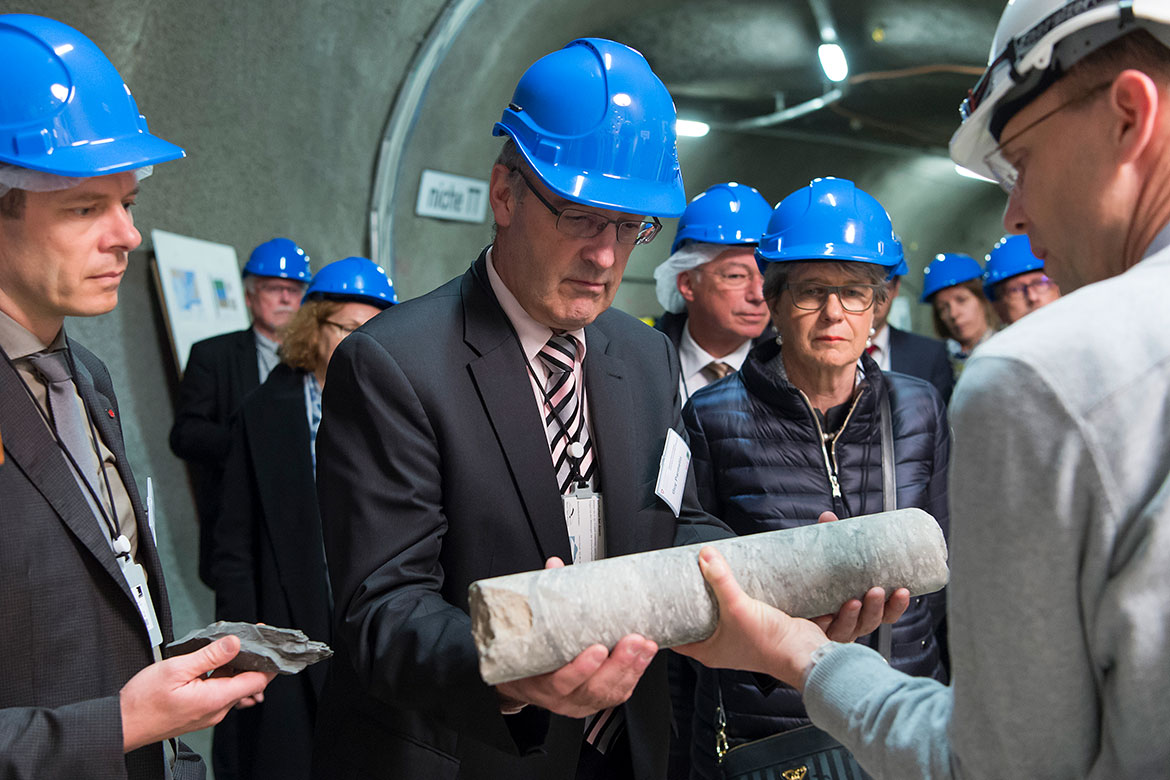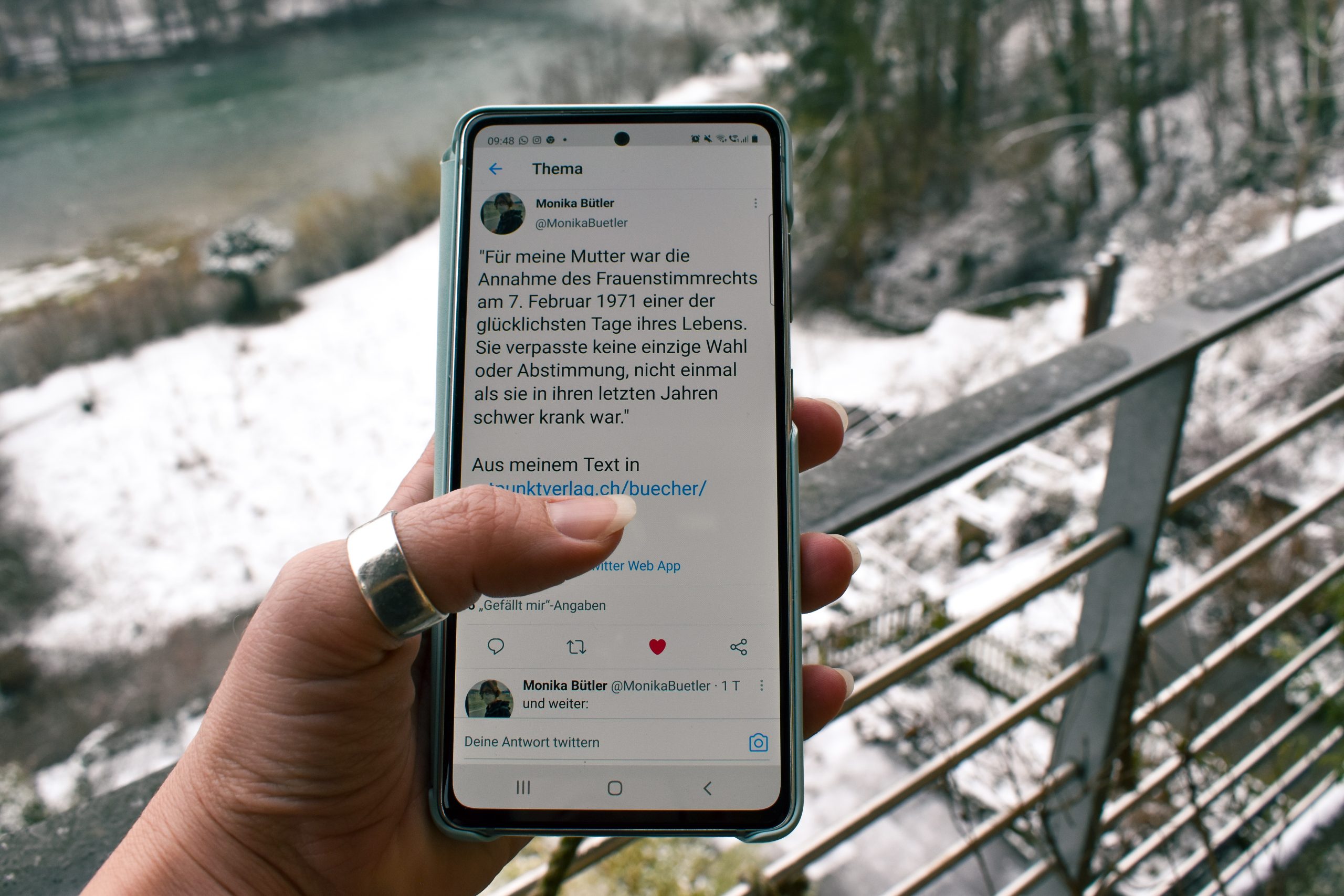Should researchers boycott conferences in the US
President Trump’s entry ban on people from largely Muslim countries also applies to researchers. Would a boycott of science conferences in the US be a fair, useful means of protest against this?

Uwe Lewandowski (Fotomontage)
When President Donald Trump and his government decided to make it impossible for Iranian, Iraqi, Libyan, Somalian, Syrian and Yemeni researchers to enter their country, these colleagues were excluded from this valuable process of interaction. This discrimination on grounds of their nationality or religion is racist, it hampers scientific progress, and thus demands clear opposition from us.
This boycott should by no means be aimed at any individual US researchers. We should continue to work with them and engage in scholarly exchange with them in the USA and in other countries. But conferences affect all researchers, so they should be held in a country that will allow everyone to travel there. Canada could be a good alternative.
Of course it’s doubtful whether Trump’s government would be impressed by a scientific boycott. But we would not be without prospects for success, because we would be supporting the cities, universities and civil rights organisations in their efforts to achieve political change. Large-scale conferences also bring economic benefits – so it would be natural to use these as leverage in order to demand the freedom and diversity of science that is now under threat.
Much crucial scientific progress comes from the USA. But it is precisely because we believe in this wonderful country, its institutions and its potential for change, that we should support this boycott and thereby support progress in the USA.
It is obvious that every boycott causes collateral damage. But sometimes we have to accept a minor injustice in order to combat a bigger one. Of course one would have to boycott other countries too who limit the free exchange between scientists, journalists and artists – such as Turkey. But we must weigh up the possible prospects for success in each case against the possible damage to the colleagues who would be affected. In a free country, such as the USA, the prospects for success are high, and we can hope that we would only have to maintain the boycott for a brief period of time.
Jutta L. Mueller is a junior professor in psycholinguistics and neurolinguistics at the Institute of Cognitive Science at the University of Osnabrück. She engages in scientific exchange with US scientists at conferences across the world and coordinates research visits abroad for students of many different nationalities.

Manu Friederich
Of course, boycotts can be a useful and non-violent means of protest. When Rosa Parker and the black people of Alabama refused to take the bus in protest against racial segregation in public places, it resulted in the declaration of segregated buses as being anti-constitutional. But other boycotts have backfired and produced the opposite effect. Boycotting the Trump family’s products has given them even more publicity, and sales have skyrocketed. This time we should refrain from boycotting US science conferences, despite being shocked by Trump’s discriminatory immigration ban on people from a selected group of Muslim countries. Such a measure today would hurt much more than it would help.
A boycott is difficult to defend on an international level, because so far the federal courts have not accepted the ban. The US judicial system defends human rights at a very high level, which is exemplary. It would also be inconsistent if we then continued to travel to other countries that do not respect human rights. It is not wise to enter into these political discussions, as we might thereby confirm the religion-based distinctions that Trump is making. Boycotting conferences in the US reduces us to the same intellectual level. It might even further expose researchers from these countries, while at the same time failing to assist them in their careers and personal development. One outcome of such a boycott could be an escalation. There might even be violent reactions against researchers, and this could be difficult to stop. We should prioritise dialogue and allow diplomacy to convince the Trump administration to change its policies – if indeed they do come into force at some point.
The Trump administration is making considerable cutbacks in science funding. One way of supporting researchers in the US would be to continue visiting them, so that scholarly exchange and progress can continue, despite our harsh times. One should add that a majority of American voters – and an even greater majority of educated Americans – did not vote for Trump. His policies do not accurately represent the will of the US population as a whole.
Whether we like it or not, the US is the leading country in research. By playing this game we would be damaging leading institutions of research and innovation, so at the same time we would be harming ourselves. To be effective, a boycott has to hurt somewhere. The Monday Boycott in Alabama created a big buzz, in part on account of the financial losses incurred by public transport (because three quarters of the passengers were black). Unless the whole world follows, Swiss scientists protesting against US conferences will barely have any impact on the Trump administration, though it would certainly affect the Swiss scientific arena.
Anna Fontcuberta i Morral is head of the Laboratory of Semiconductor Materials at EPFL. During the second of her year-long research projects at the California Institute of Technology, she co-founded the US start-up Aonex Technologies.




